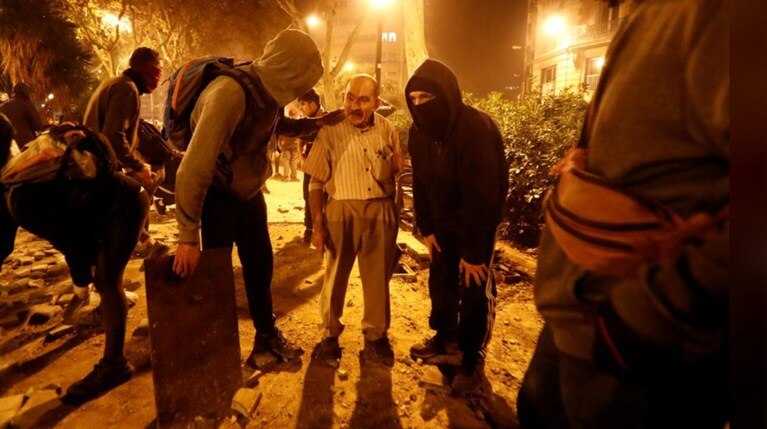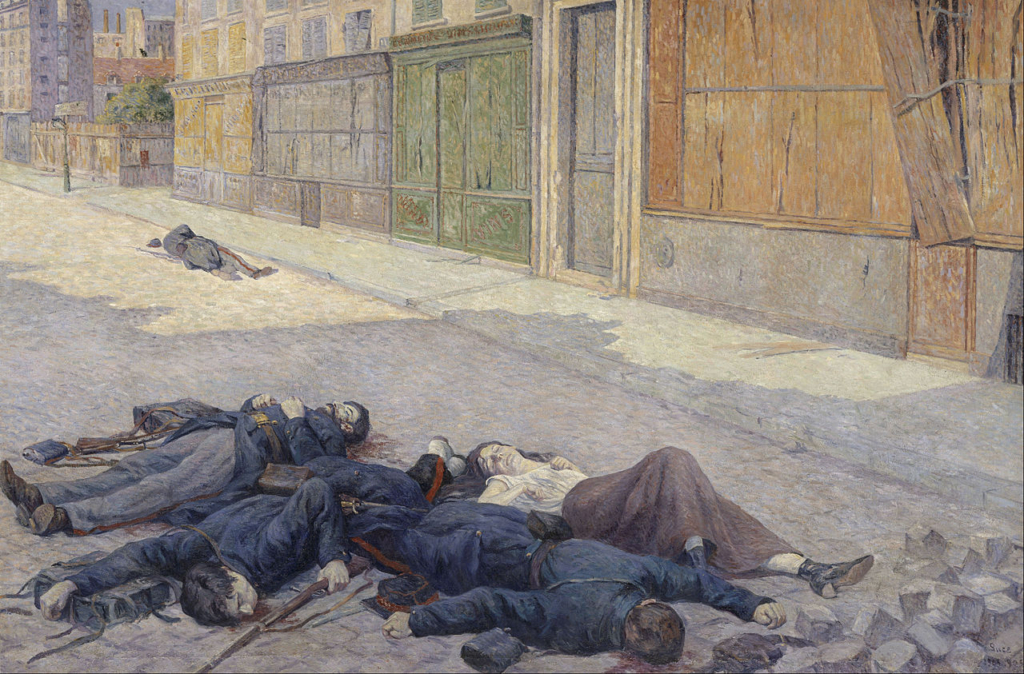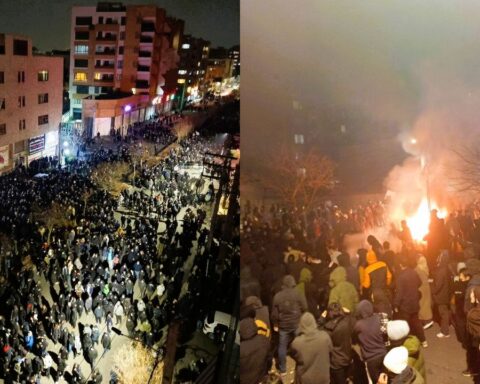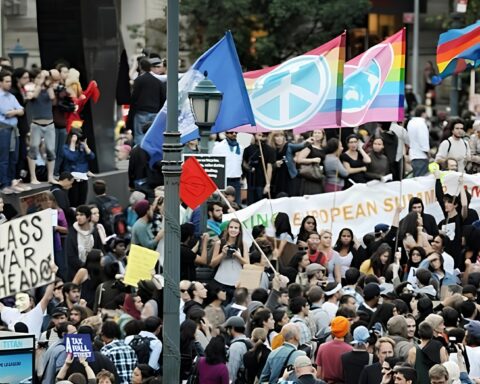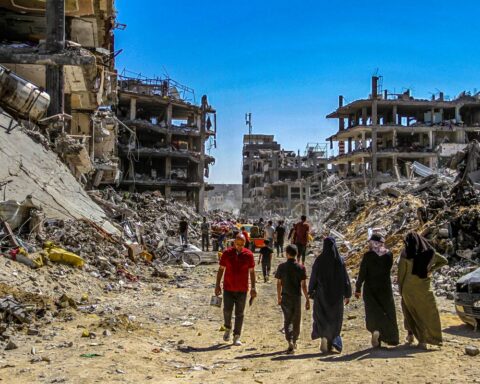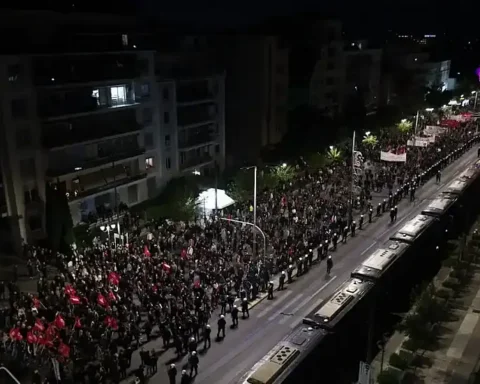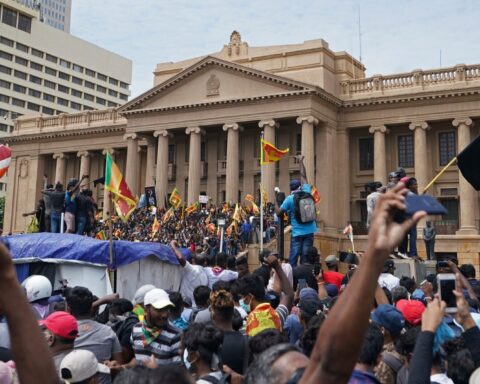This is an article by Italian anarchist Errico Malatesta, translated by Paul Sharkey from “La guerra,” L’Agitatore Socialista Anarchico (April 25, 1897), single issue, replacement for no. 7 of L’Agitazione. So many years after the first publication of this text and still the people of this world are fighting to survive in the middle of imperialistic wars and the greed of the capitalists.
War has broken out.[1] The European powers, which, it seems, were out to exorcise it and in order to do so had ridden roughshod over any sense of humanity, letting 200 thousand Armenian throats be cut with impunity here, and the Cretan rebels be machine-gunned there for the benefit of the “grand assassin” in Constantinople, have proved powerless to fend off conflict—just as they will be powerless to remedy it and find a solution to the Eastern question that satisfies the peoples and guarantees peace.
Maybe these great peace-makers will prove incapable of doing more than brawling among themselves, swamping Europe with outrages and mourning.
Here we have political bankruptcy, hot on the heels of the economic bankruptcy of the bourgeois system.
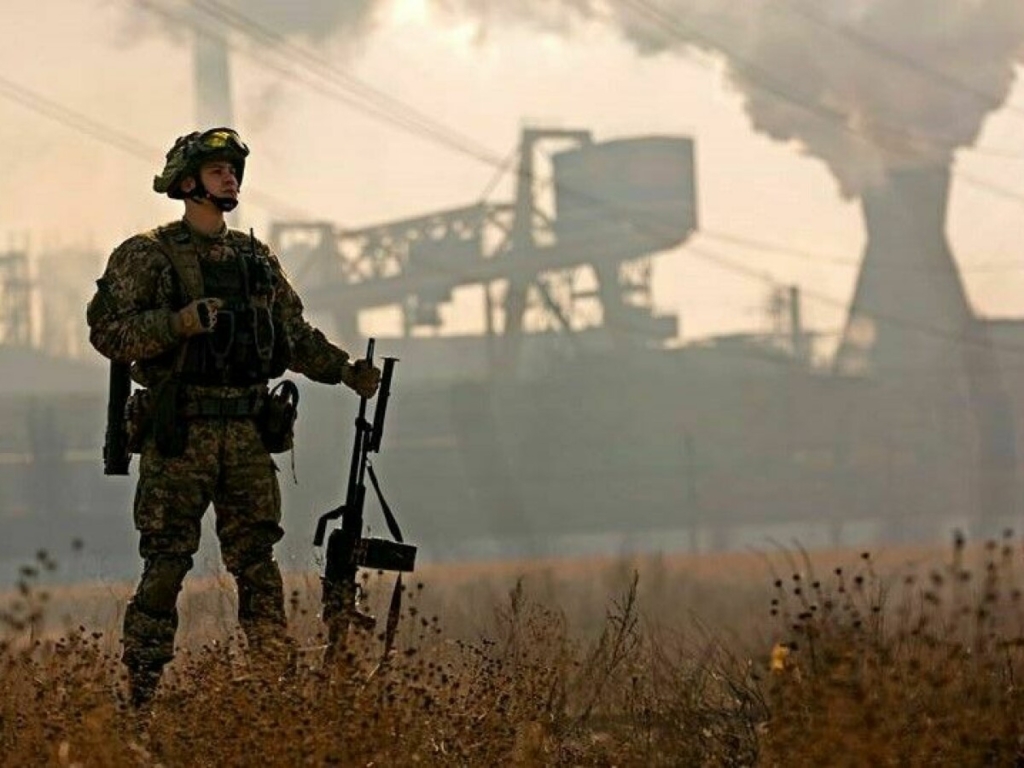
And after that the bourgeois will still claim to be the enlightened class and to have an entitlement to lead society! They have organized a massive system of production and trade and have presided over a state of affairs in which hunger has become endemic and where machinery, the instrument of production, enslaves and kills the producer! They have organized a complicated political system that was to have guaranteed peace if not freedom, and they find themselves obliged, because of their fear of war, to squander the better part of national wealth on armaments, only to end up with a disastrous war all the same—one that is going to leave in its wake the very same uncertainties and dangers as before! But they will carry on regardless, with easy consciences, revelling in the people’s sweat and blood… until such time as the people rectify the matter.
Meanwhile human blood is being spilled in Thessaly and Epirus in a ferocious struggle in which the blind religious and political fanaticism of one side is matched by the no less blind patriotic fanaticism of the other.
What are the likely results of this contest?
In what is left of the Turkish Empire, solutions modelled on the European political system are less acceptable than elsewhere. The nationality principle cannot provide the basis for the formation of territorial States since the most diverse nationalities over there are intermingled in the same territories. The only solution that would not bequeath a permanent state of violence and oppression would be one based upon the broadest freedom for every ethnic and religious group. There, anarchist organization, that is, organization from the ground up by means of free federation, would not only be an ideal of superior social life but a pressing necessity imposed by circumstances. But we can be sure that this is a solution that none of the powers upon whom the course of events depends would be willing to even discuss.
And since real freedom is out of the question, frankly, we are not sure what to wish for. Out of peace or war in Europe, out of the extended lifespan of the Turkish Empire or out of its disintegration, out of the expansion of the Russian Empire or out of its decline, circumstances and events may come that serve or disserve the cause of the proletariat and that we can neither predict nor direct.
The fact is that the whole of politics today is dominated by dynastic and class selfishness, and thus everything redounds to the disadvantage of the proletariat: good cannot come other than from some involuntary and fortuitous conjunction of circumstances or from conscious resistance by the proletariat itself.
The only thing we can do, the only thing we should do is awaken the consciousness of the proletariat and do our bit to see to it that it is ready to profit from the events, whatever they may be.
_________
[1] Even though fighting had already broken out, the formal declaration of war was not issued by the Ottoman Empire until April 18, 1897. (Turcato’s note)

